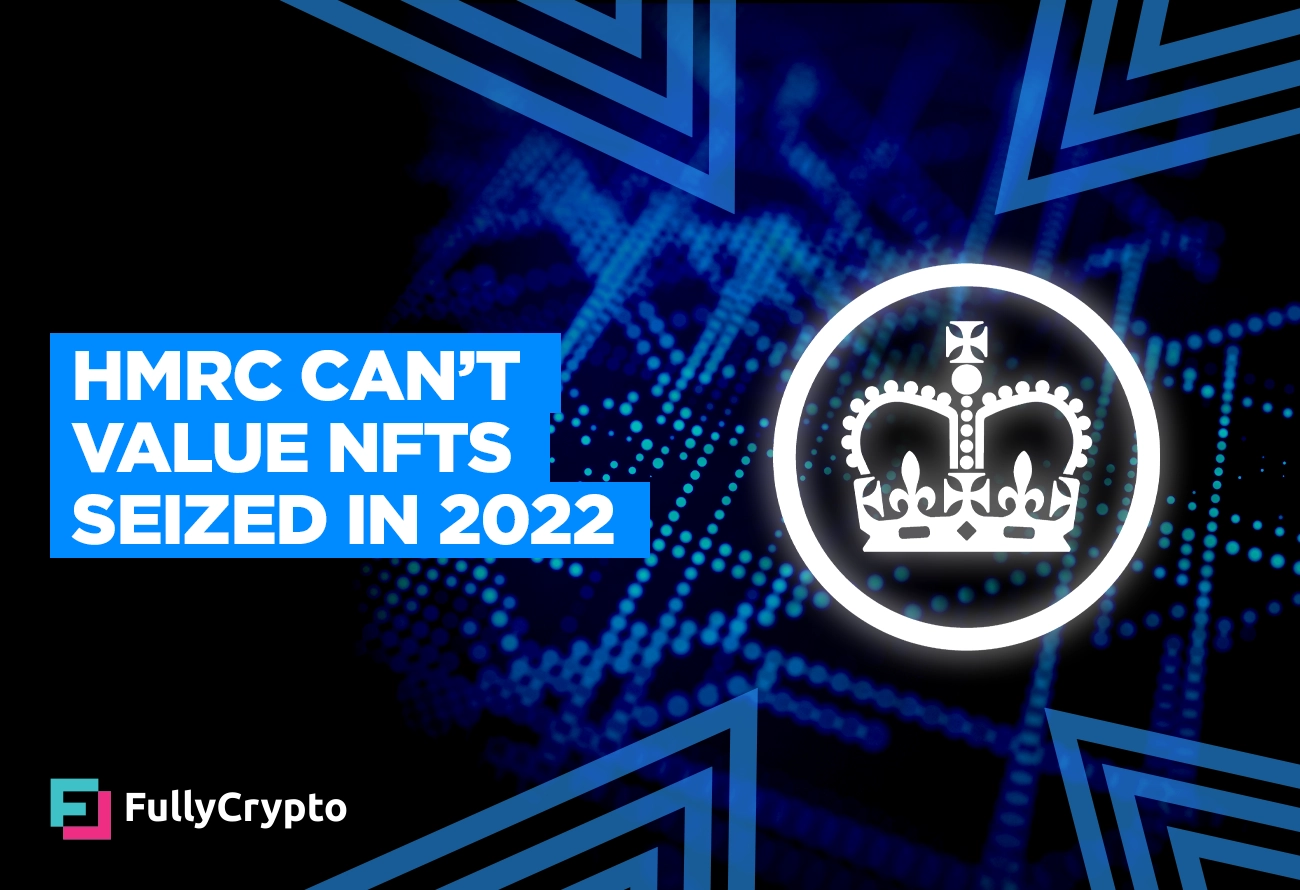![]()
By Mark Hunter
5 days agoFri Nov 29 2024 08:17:29

Reading Time: 2 minutes
- The UK’s tax authority, HM Revenue and Customs, is still trying to figure out how to value three NFTs sized in a 2022 investigation
- Two years on, the agency has yet to determine how to accurately value the assets
- The agency remains tight-lipped about the NFTs’ current status, citing security and compliance concerns
The UK’s tax authority, HM Revenue and Customs (HMRC), is still trying to work out how to value three NFTs sized in a 2022 investigation. HMRC seized the NFTs as part of a high-profile investigation into a £1.4 million ($1.7 million) VAT fraud involving 250 suspected shell companies. A freedom of information request from DL News found that HMRC has faced significant challenges in appraising the assets, highlighting the complexities of enforcing financial regulations in the digital economy.
First-of-Its-Kind Seizure
The NFTs were taken alongside cryptocurrencies and other assets believed to have been used in a sophisticated fraud scheme. HMRC accused three individuals of attempting to exploit false information and fake companies to claim back value-added tax (VAT), with HMRC’s Deputy Director for Economic Crime, Nick Sharp, saying at the time that the action demonstrated that the agency was “adapting to new technology to track down and prosecute criminals.”
However, these adaptations don’t include being able to value the assets, let alone set about realising that value; two years after the seizure, HMRC has admitted that it is still exploring methods to appraise the NFTs. According to the agency, developing a consistent valuation framework is a key priority but remains a complex issue due to the speculative nature of NFTs and the volatile market conditions. The issue is complicated because determining value requires considering rarity, demand, and the current state of the crypto market, which has seen significant downturns since 2022.
Broader Implications
This intriguing case reflects the broader challenges governments face in adapting to digital assets’ rapid evolution. NFTs, cryptocurrencies, and other blockchain-based technologies present new opportunities for crime, and regulators worldwide are grappling with how to enforce laws effectively in this space.
As HMRC continues its investigation and seeks valuation methods, this case serves as a precedent for handling digital asset seizures, showcasing both the promise and the difficulties of regulating decentralized financial ecosystems.




